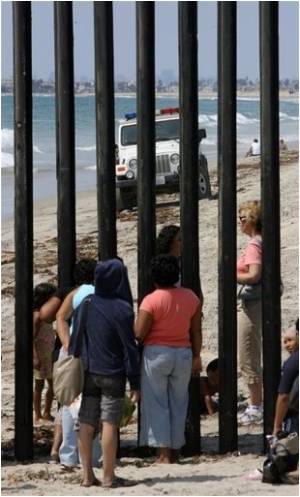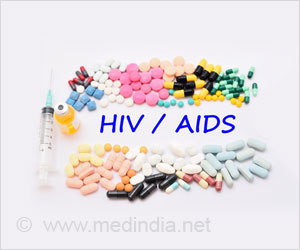The incidence of HIV and sexually transmitted infections (STIs) among female sex workers can be reduced with behavioral intervention programs.

Approximately 35 minutes in length, Mujer Segura employs motivational techniques to encourage female sex workers to use safer sex practices, and teaches better condom negotiation skills with clients who request unprotected sex.
Researchers modeled the effect of 1,000 female sex workers receiving Mujer Segura intervention training once, annually and not at all.
They found that among sex workers who received once-only interventions, an estimated 33 HIV cases were prevented and 5.7 months of quality-adjusted life expectancy or QALE added, compared to sex workers who received no intervention.
For sex workers who received annual interventions, there were 29 additional HIV cases prevented and 4.5 more months of QALE.
The findings have been published online by the journal PLoS One on June 30.
Source-ANI















